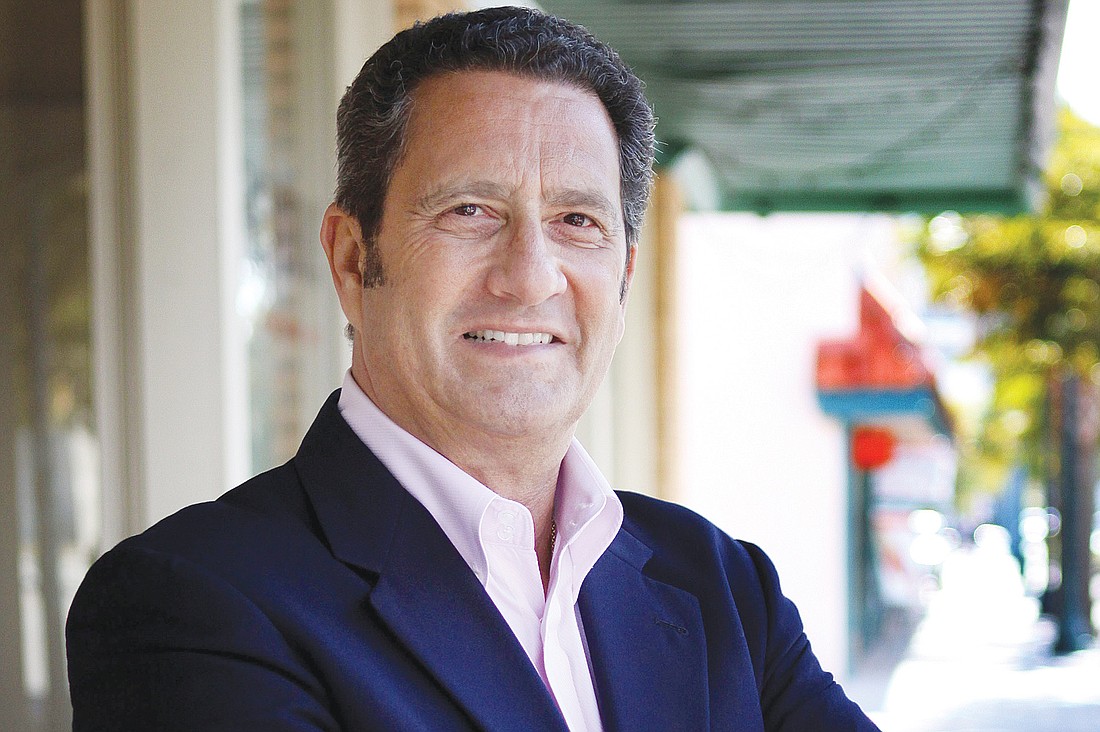- November 23, 2024
-
-
Loading

Loading

“Leadership is about causing two divergent points of view to realize there is value in meeting in the middle.”
I wrote that after I read that the latest city offer to the Sarasota Police Benevolent Association was unanimously rejected. The negotiations have been ongoing for about two years, and based on the last session, they are probably no further along than when they commenced.
I have no idea how these negotiations have been carried out, what is or isn’t sacrosanct or what moving parts may be negotiable. One thing is sure, though: There is an increasing recognition that Sarasota cannot continue to offer the generous benefits that police officers enjoy without them eventually bankrupting the city. Some may even say that time is closer than we think.
It is difficult not to stand up for cops and teachers in the court of public opinion. But that court is quickly losing its hold on the public psyche.
In San Diego and San Jose, Calif., voters passed initiatives that required public-pension employees to contribute more to their plans and steered new employees into 401(k)-style retirement programs.
Most recently in Wisconsin, Gov. Scott Walker modified the collective bargaining agreements for public-employee unions, a grossly unpopular move for many. But the majority realized his leadership was necessary, and he survived an unprecedented recall vote. The majority recognized that the obligation to the unions was just too rich. The public’s perception was that they had, in fact, begun to work for their public employees rather than the other way around.
In Sarasota, pensions account for about 6% of the annual budget, with this figure expected to balloon to more than 14% by 2014. Our city’s unfunded pension obligation is estimated to be between $272 million to $402 million, depending on which investment-return estimates you utilize.
In many cities countrywide, long-term planning is in limbo because no one can predict what the pension and investment funds’ returns will be or how long pensioned employees and their survivors may live.
Now that the public realizes its way of life is being adversely affected by the those who are meant to serve their interests, then trust is broken.
This brings me back to leadership. We have two divergent points of view involved in the current negotiations between the city and the PBA. This is not surprising. In most negotiations, one side wants to extract the most while the other wants to sacrifice the least.
But this is different. This is about people’s lives — on all sides. We need our police to protect and maintain our society. Likewise, the police want to ensure their own lives and those of their families. Hence it is now down to the leaders on either side of the negotiating table.
There are things the city can no longer do. There are also points that are likely sacrosanct to the PBA. The job of the respective leaders is to identify the realities and cause their constituencies to realize this is as good as it’s going to get, or there will be no “get” to be had.
There cannot be heroes in these negotiations, only survivors. The time to get it done is now. With a new city manager to be hired next month and our chief of police retiring in the fall, the city has important issues to deal with over a compressed period. It is time to assess the realities both sides are dealing with and make the best deal we can — for everyone.
Richard Dorfman is a Sarasota resident. He has filed to run for the City Commission.